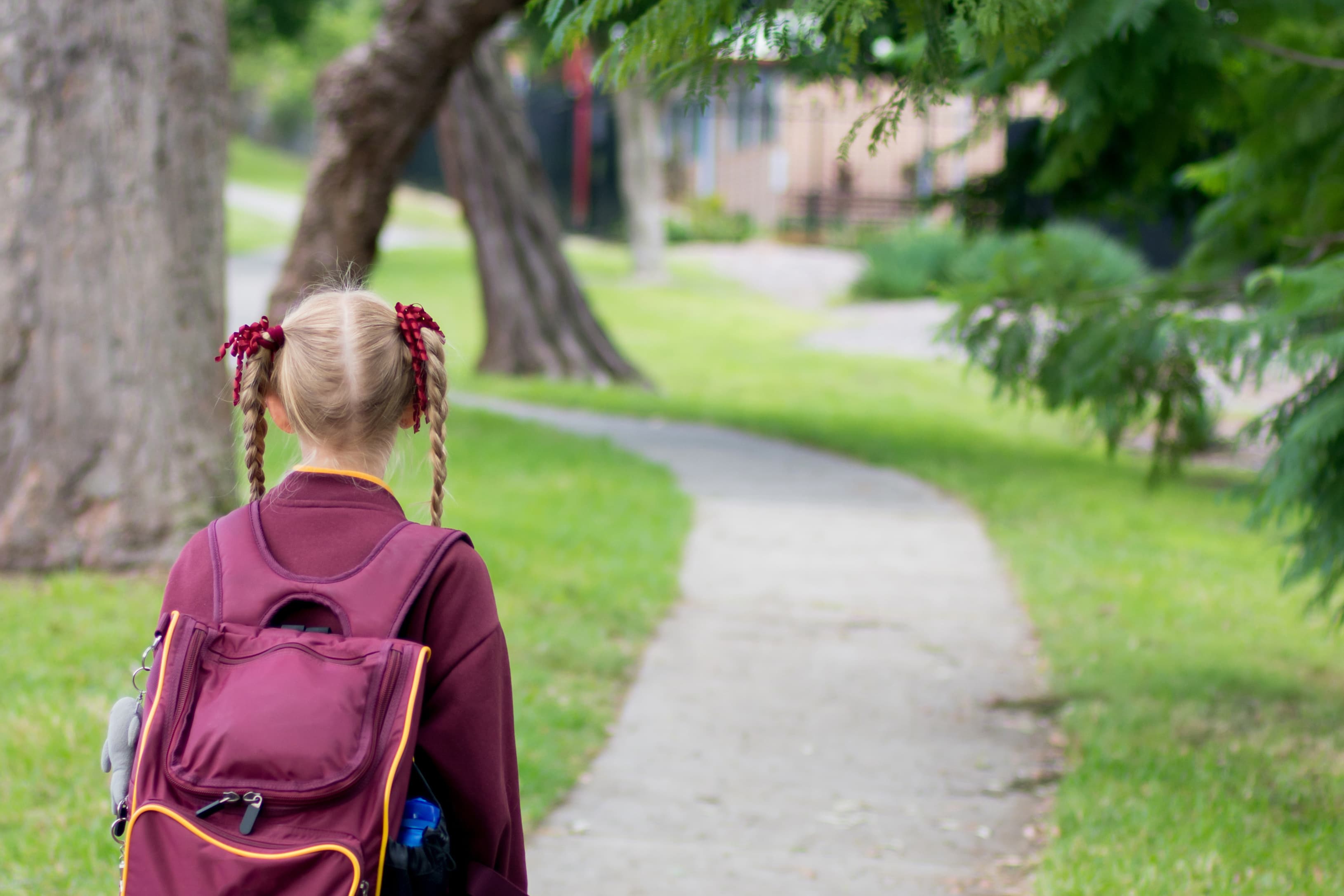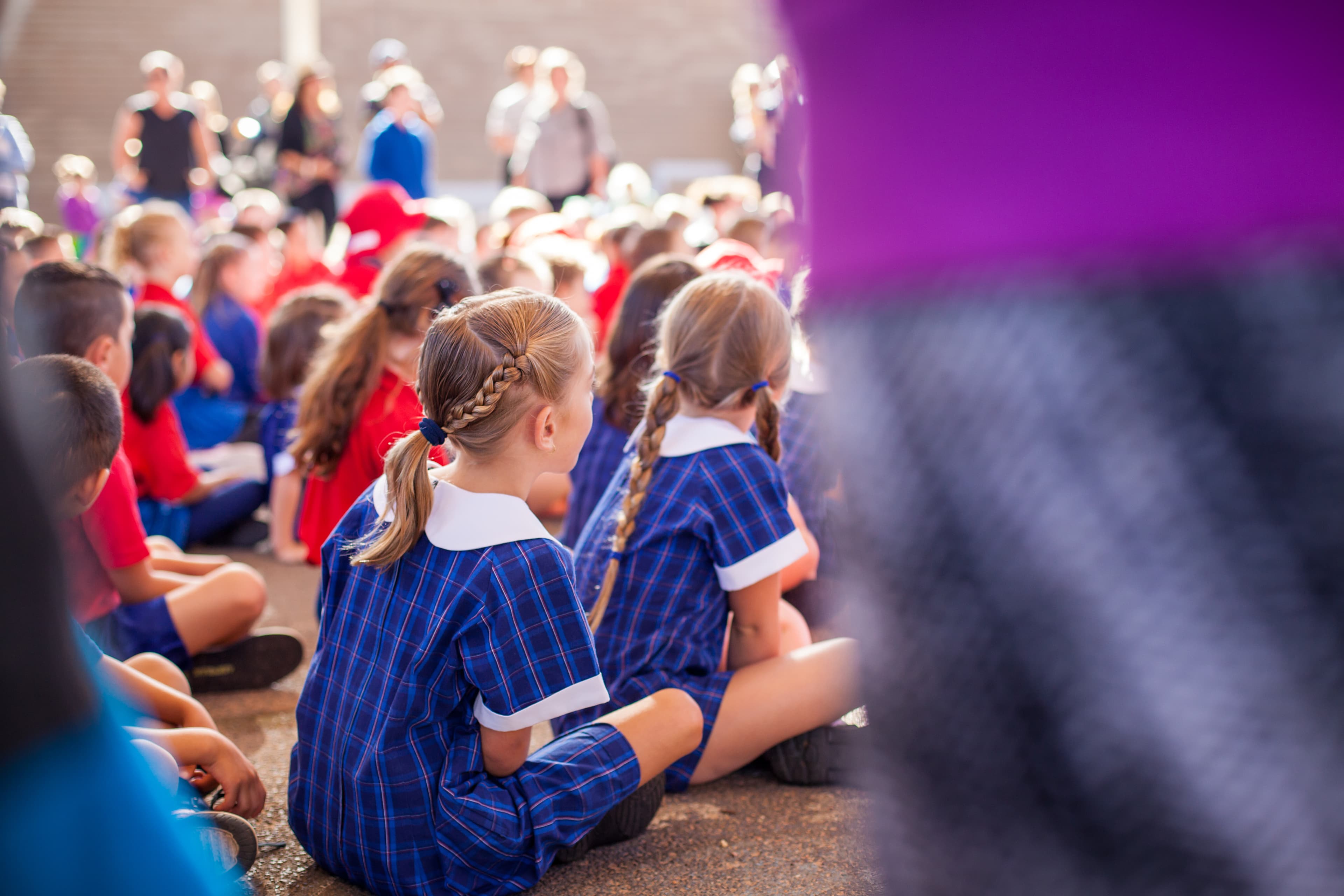
Living Learning Partnerships Addressing Disadvantage
Client:
Department of Treasury and Finance
Capabilities:
Context
Living Learning is a partnership-based program responding to the significant barriers to personal and educational achievement faced by young people with complex mental health needs who are disengaged from employment, education or training. The program takes an integrated approach, recognising that education, mental health and engagement must be addressed together to achieve lasting outcomes.
Living Learning is delivered by Melbourne City Mission (MCM) in partnership with its independent school, Hester Hornbrook Academy (HHA). During its initial trial period, it provided three years of wraparound support to three cohorts of 48 school leavers aged 15–21 (144 participants in total) and operates from 2021 to 2025.
The program was developed through the Victorian Government’s Partnerships Addressing Disadvantage (PADs) initiative. As an outcomes-based model, PADs bring together government, the not-for-profit sector and private capital to tackle complex social challenges and improve outcomes for vulnerable communities.
Brief
Urbis was commissioned to undertake a multiyear, independent evaluation of the Living Learning program and the PAD funding model. The evaluation takes a rigorous, outcomes focused approach and aims to:
- Assess whether Living Learning is being implemented as intended and the extent to which it is achieving meaningful outcomes for young people
- Examine how program design and delivery are contributing to observed outcomes
- Evaluate the effectiveness and value for money of the PAD funding model
- Generate practical evidence and insights to inform future policy, commissioning and investment decisions.


Approach
Our evaluation applies a comprehensive mixed methods approach, combining qualitative and quantitative analysis across multiple phases. The methodology is deliberately designed to support continuous improvement during program delivery, while also generating robust evidence of outcomes and impact over time.
Key components of the methodology include:
Qualitative research, including semi structured interviews and surveys with Living Learning participants, consultations with program and school staff, and interviews with government and investor stakeholders.
Program data analysis, drawing on administrative, attendance, education and wellbeing data collected by MCM and HHA.
Linked administrative data analysis, using Victorian Government datasets to examine changes in participants’ engagement with education, health, justice and housing services, and to compare outcomes with matched comparison groups.
Economic analysis, including cost–benefit analysis to assess value for money and estimate avoided government service costs.
Document and policy review, to situate findings within the broader evidence base and policy context.
The evaluation is structured across formative, interim and summative (impact) phases, enabling assessment of both program implementation and longer term outcomes.
Outcomes
Urbis has delivered two major evaluation reports to date:
The Formative Evaluation Report (2022) examined early implementation, program design and the establishment of the PAD funding model, identifying practical lessons to support ongoing delivery.
The Interim Evaluation Report (2023) assessed progress towards outcomes after the first two years of operation, documented early evidence of impact, and provided recommendations to strengthen program delivery and inform broader government policy.
Urbis is currently undertaking the Summative Outcomes Evaluation, due for completion in mid 2026. This final phase will bring together program data, linked government outcomes data and economic analysis to provide a comprehensive assessment of outcomes, impact and value for money, and to help guide future investment in integrated education and mental health interventions.







